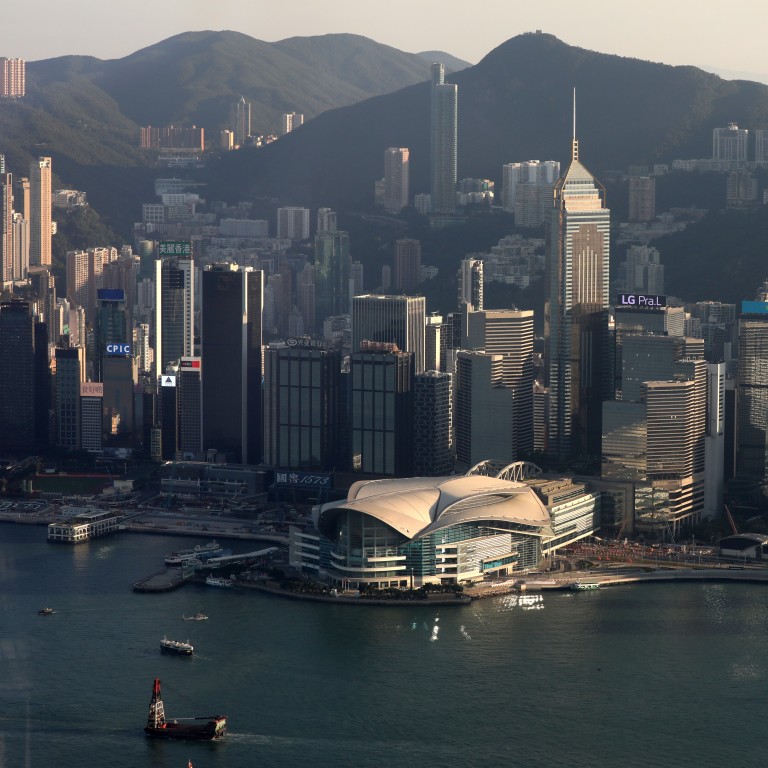
Buyers and sellers return to Hong Kong’s commercial real estate as anticipation of double stamp duty abolition spurs deals
- The value of property bought and sold jumped to HK$13.74 billion (US$1.77 billion) for 318 deals in the first 22 days of November, from HK$2.62 billion for 208 transactions in the same period last year
- Swire Properties sold Cityplaza One for HK$9.85 billion earlier this month
Hong Kong’s commercial and industrial property transactions more than quadrupled in value this month, helped by Swire Properties’ sale of Cityplaza One, as deals increased in anticipation of the government’s move to scrap a double stamp duty for commercial real estate.
“If the double stamp duty is removed, transaction costs will be substantially lowered,” said Marcos Chan, head of research in the Greater Bay Area and Hong Kong at CBRE. “The drop in capital values with low holding costs will create some triggers for commercial property investment.”
The uptick in real estate transactions is a respite from an otherwise browbeaten market weighed down by Hong Kong’s worst recession on record, as a fourth wave of coronavirus infections knocks a nascent recovery in economic activity off track. In abolishing the double stamp duty, first introduced in February 2013 to cool an overheating market, the government is trying to breathe life into a market where transactions never surpassed 10,000 in any year since, plunging to as few as 4,666 deals in 2019, according to Land Registry data.
The abolition was foreshadowed in August when the Hong Kong Monetary Authority (HKMA) relaxed the loans ceiling of non-residential real estate to 50 per cent of the property’s value, from 40 per cent.
That helped to spur transactions, with Gaw Capital Partners leading a consortium of investors in paying HK$15,609 per square foot for Cityplaza One, a discount of 18 per cent compared with what Swire sold for two years ago.
David Chan Ping-che, the chairman of local tape and film manufacturer Acme Group who is also dubbed Hong Kong’s “King of Cassettes,” is also said to have sold a number of properties, most notably two office units at The Center in Sheung Wan for HK$129 million earlier this month. Chan did not respond to a request for comment.

Still, some analysts believe the market correction is nearly done, which could contribute to the increase in transaction volume, said JLL’s head of research Nelson Wong.
“They are positioning for a recovery in the economy and hence the real estate market, notably commercial properties,” Wong said.
Transaction volume could pick up in the first half of 2021, particularly in the office and industrial sectors, even if the growth in demand is likely to be gradual because of lingering uncertainties and risks, said CBRE’s Chan.
“Covid-19 will remain in place until vaccines become widely available, globally,” said Chan. “The people flow between borders will remain thin for longer and this will cap business growth and property inspection activities.”
Economic recovery will only be off of a low base and companies will remain cautious and need to cut costs until stronger growth signs are observed, Chan added.
The market for street-level shops has slumped, leading to dozens of transactions at losses this year.
Commercial property vacancy will need extra time to be cleared, which will prevent rental growth from appearing in the short-term future, Chan said.

